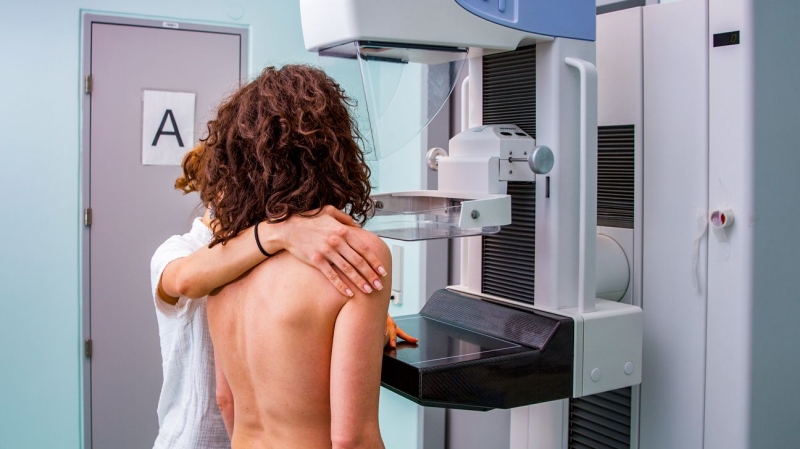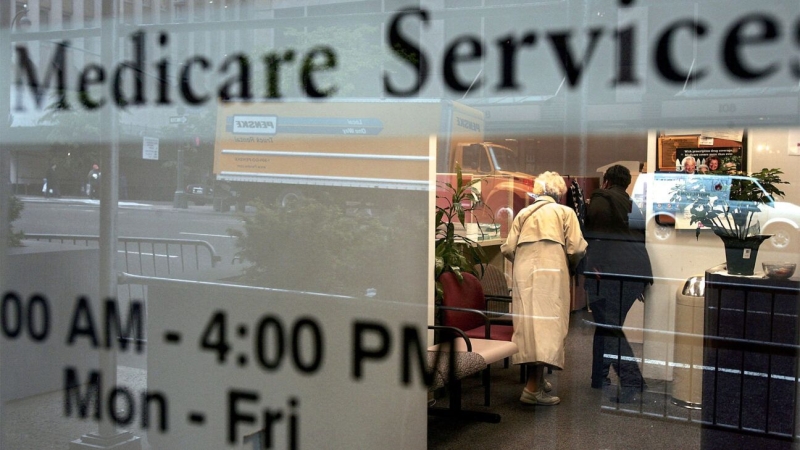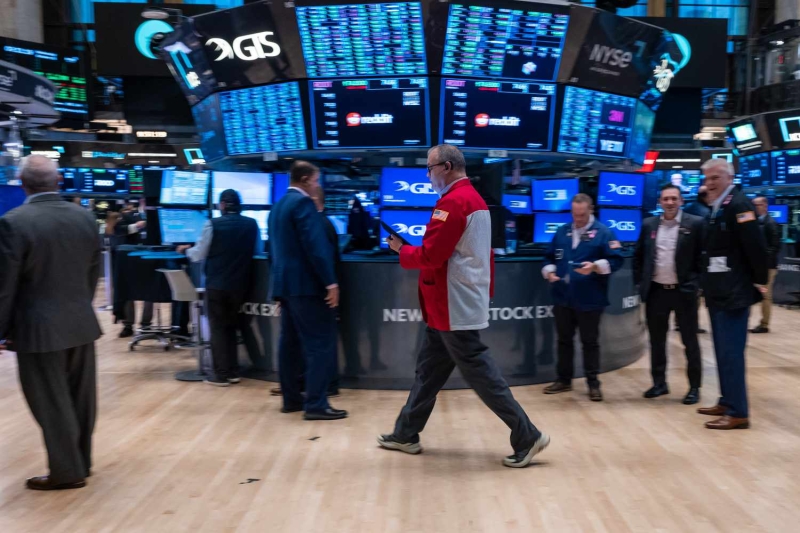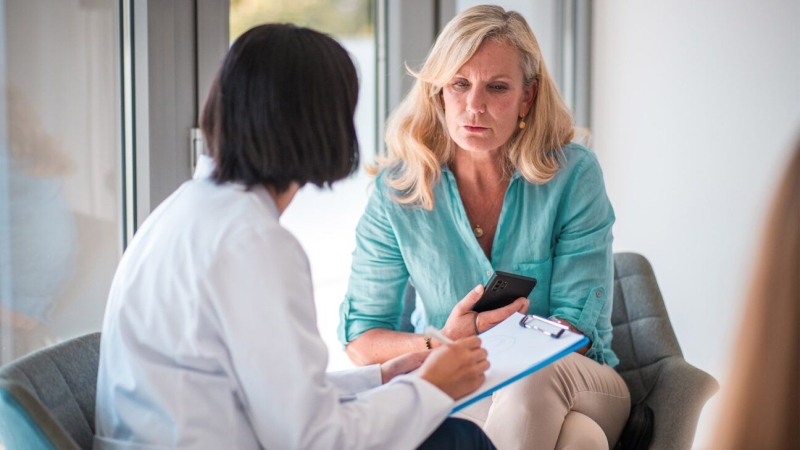
- A new survey from Healthline Media and YouGov shows that young adults in the U.S. are increasingly getting their health information from social media.
- The findings reveal critical gaps in preventive care screenings, such as annual physicals, mammograms, and colonoscopies.
- As many young people forgo routine health screenings, these findings suggest some people could be relying on social media to improve their health.
- Health experts are concerned that missing routine screenings could miss important health diagnoses and delay interventions.
Social media is an endless void of both valuable and potentially harmful health information.
From bovine “liquid gold” colostrum supplements to baking soda water and cucumber salads, young people increasingly look to health and wellness influencers on social media platforms like TikTok and Instagram for tips, tricks, and hacks to improve well-being.
A new online survey from Healthline Media and YouGov found that many Millennials and Gen Zers rely on social media for health information.
The findings also highlight gaps in routine preventive care screenings among many adults in the United States.
The survey reveals a widespread reliance on social media as a primary source of health information, from missing annual physical exams to mammograms, gynecological visits, and colonoscopies.
“It is human nature for people to take their advice from the most relatable sources, not necessarily the most reliable, which is how misinformation spreads,” said Jenny Yu, MD, FACS, chief medical officer at Healthline, in a statement.
Young people forgoing preventive care screenings
Among the 4,012 adults in the United States surveyed in September 2024, less than half (37%) of survey respondents consider their doctor or another healthcare professional as their preferred source of health information.
Only 42% of respondents received an annual physical in the past year, while 37% went to the dentist for a routine exam and cleaning.
Key findings show over the past 12 months:
- 52% of females ages 40 and older did not receive a mammogram
- 22% of females received a gynecological exam
- 16% of adults ages 45 and older had a colonoscopy
“These numbers should send a warning to the medical community,” Yu said. “Routine screenings are essential to improving outcomes, especially for hard-to-catch diagnoses. These screenings set a baseline for monitoring over time, which can help guide clinicians and patients in shared decision making that could lead to potential lifestyle modifications and treatment,” Yu continued.
More young people using social media for health tips
The findings from this survey show an overwhelming majority of young Americans get their health information from social media.
Millennials and Gen Zers were 63% and 67% more likely to use social media as a source of information for health and wellness trends versus other sources.
Over the past 12 months, more than half of respondents (52%) report trying different wellness tactics (e.g., health and wellness tools, resources, trends, or products) after learning about them on social media.
Compared to females, males were more likely to try different health and wellness trends they discovered on social media (57% vs 48%). Around 36% of males cite YouTube as a source of health information and wellness trends.
Although health information gleaned on social media appears widespread, 77% of respondents expressed a negative view of the wellness tools and trends they discovered on various platforms.
People with chronic health conditions expressed more negative sentiments around health and wellness trends on social media compared to those who are not living with a chronic condition, 79% to 72%, respectively.
Still, many young people view social media wellness trends positively. Around 53% of Gen Z and 45% of Millennial respondents had positive views about their social media use, while only 32% of Gen X and 25% of Baby Boomers shared a similar sentiment.
In addition, females were more likely to have a positive view of social media wellness trends than males, 39% versus 35%, respectively.
Growing interest among young people in improving health
Despite gaps in preventive care screenings, young people who received routine exams appear more interested in improving their overall health.
Around 53% of respondents who received an annual health screening in the past year were more likely to try health and wellness trends on social media compared to 30% of respondents who did not.
Whether people received annual health screenings or not, respondents were most likely to try new social media wellness trends that benefitted:
- Physical wellbeing: prebiotics, probiotics, microbiome supplements
- Skincare: “anti-aging” skin care products like retinol, collagen powder, and supplements
- Weight loss: weight loss medications, detox teas, juice cleanses
- Hair health: hair oiling, rosemary water, rice water
- Dental health: water flossing, oil pulling
In honor of Health Literacy Month, Healthline’s Bezzy, a suite of online communities for people living with various health conditions, is busting health myths and misinformation. Scams, miracle cures, and fake news are rampant across social media and the web. In this month-long campaign, Bezzy vs. BS will offer expert insights, first-person stories, quizzes, tips, and tools to help you become a pro at detecting BS.
Takeaway
A new survey from Healthline Media and YouGov highlights gaps in preventive care screenings among young adults in the U.S. The findings show that young adults are increasingly getting their health information from social media.
As many — but not all — young people forgo routine health screenings, social media has become a resource for health and wellness tips and trends, for better or worse.
Health experts say routine preventive care screenings are crucial for maintaining health and well-being.




